- Home
- Types of Addiction
- Codeine Addiction Help & Treatment
Codeine Addiction Help & Treatment
Codeine is a commonly prescribed drug, often given to individuals dealing with mild to moderate pain such as that experienced after a broken bone or infection.
Often, codeine is also provided as a non-prescription drug but is mixed with other painkilling drugs such as paracetamol, ibuprofen, or aspirin.
This can be dangerous if individuals take the combined form of codeine in order to gain the same effects from the pure substance.
With a high rate of usage, individuals can quickly become addicted to codeine, even if they are following their prescribed dosage for a longer period of time than recommended.
Codeine And Other Substances
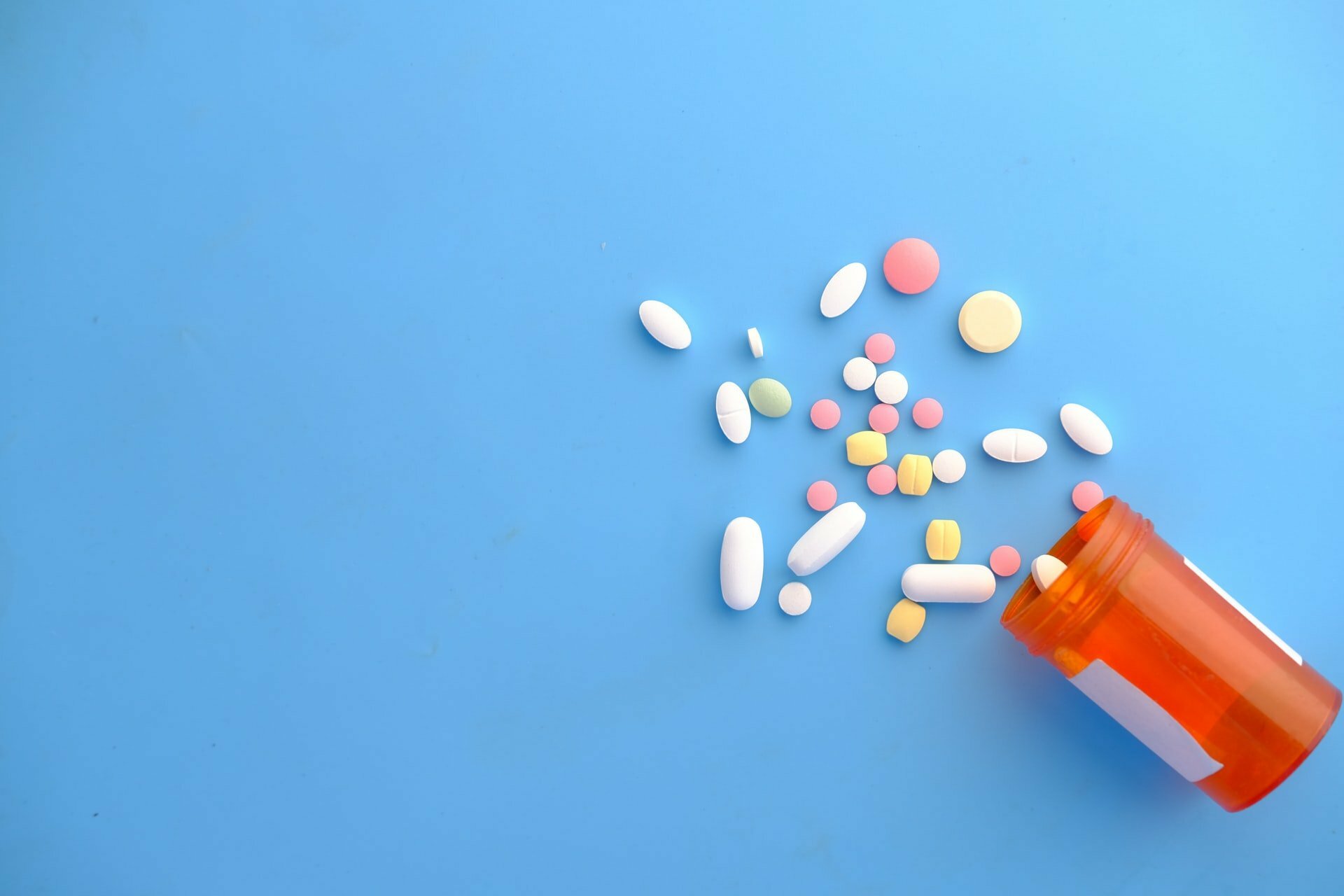
In some cases, codeine addiction can lead to the individual seeking stronger opiates such as oxycodone, hydrocodone, and even morphine as they develop a tolerance.
This happens as a result of using more codeine with each usage to gain the same strong effect that they may have experienced with initial usage.
In these cases, serious medical interventions should be considered in order to reduce the risk of harmful and long-lasting effects on the body.
Codeine has a host of positive effects, but there are many ways in which someone may abuse this or fall into the pattern of addiction unwillingly.
Dangers And Risks Associated With Codeine Usage
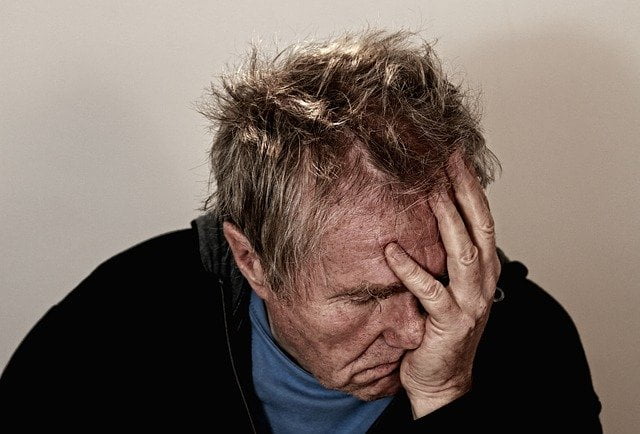
If an individual becomes addicted to codeine as a result of an initial prescription or series of pain treatments, then they may risk some serious physical and mental effects.
This is especially true if the individual has a long history with codeine consumption, often spanning over months or years of extended usage.
When used as prescribed, codeine can reduce pain massively as well as provide feelings of mild euphoria and elation to the individual.
However, when used incorrectly or in higher doses than prescribed, individuals risk serious effects to their physical and mental health.
The most common dangers and risks are outlined below:
- Tiredness/low energy
- Hallucinations
- Nausea and/or vomiting
- Anxiety
- Depression
- Muscle pain and aches
- Fever
- Increased sweating
- Slowed breathing rate
- Dizziness
- Headaches
- Blueness to the skin, especially on the lips and face
This is not a complete list of risks associated with codeine addictions, but displays some of the most common dangers individuals can experience when abusing codeine.
If you know someone that may be addicted to codeine based on the behaviours and physical effects they display, make sure to approach them respectfully, letting them know that you are available to talk or provide support if necessary.
More information on how to approach someone’s potential codeine addiction can be found later in this article.
Symptoms Of Codeine Addiction
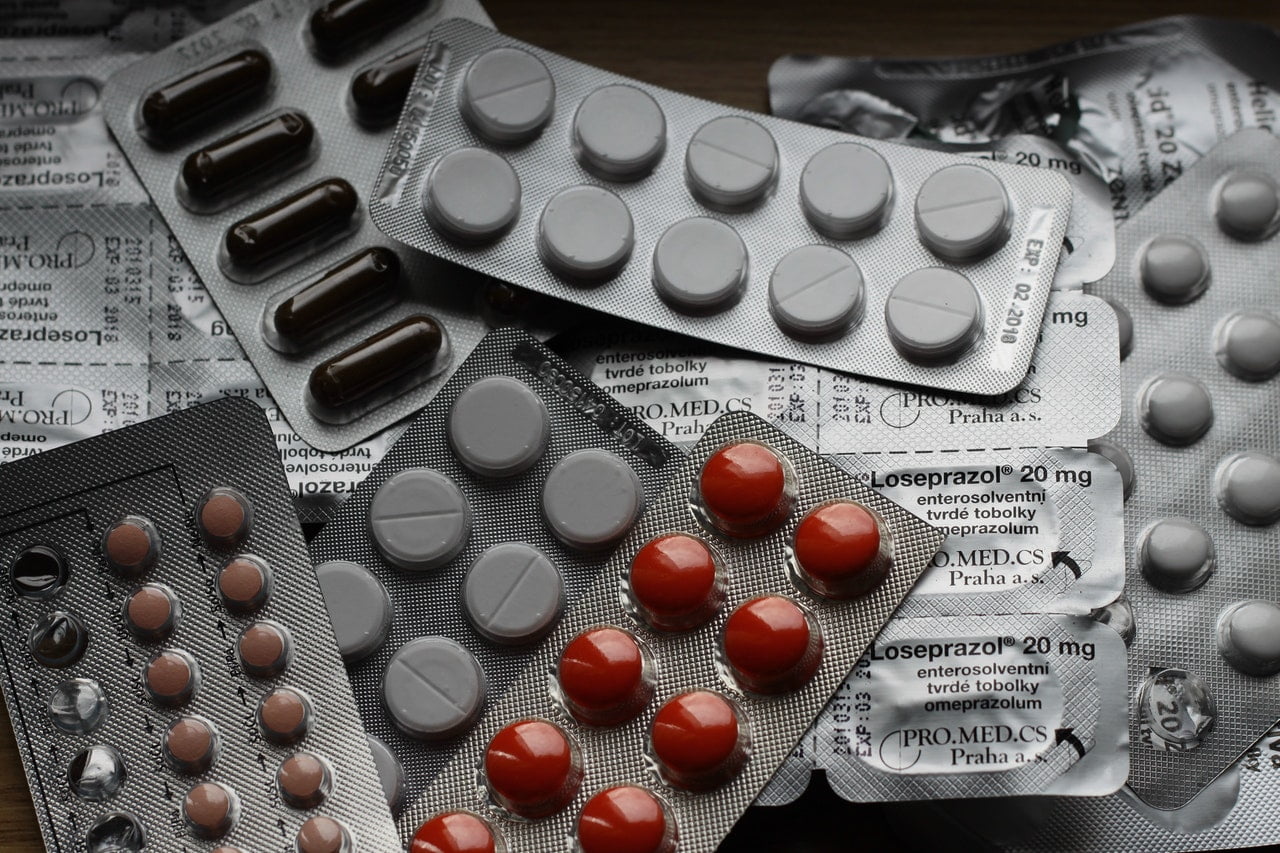
When an individual is struggling with codeine addiction, they may display certain symptoms.
Whilst there are dangers associated with codeine addictions, there are also some behavioural changes that individuals can look out for in their loved ones.
For example, individuals struggling with addiction may become more secretive with their activities or lifestyle, or become irritable when asked about certain aspects of these behaviours.
This is a common phenomenon; individuals struggling with addiction are often aware of the negative consequences or their behaviour and may be embarrassed about their situation, or are in denial.
In turn, this results in sometimes incredibly complex behaviour designed to avoid suspicion about their activities, especially when it comes to speaking about their codeine addiction.
Additionally, this (in combination with more secretive behaviours in general) may lead to the development of complex mental health issues and negative thought patterns associated with codeine addictions.
Some mental health issues associated with these behaviours and addiction include:
- Anxiety
- Paranoia
- Depression
- Bipolar disorder
- Schizophrenia
How Long Does Codeine Stay In The Body?

Depending on the individual’s personal history with codeine, it may stay in the body for varying periods of time.
An individual with a longer history of codeine addiction, in general, will have consumed more of the drug, meaning that it may take longer for all traces to completely be removed from the body.
Someone who has only just become addicted after a prescribed period of usage is likely to have worked the drug out of their body in a shorter period of time.
However, this still varies massively due to factors such as:
- Metabolism
- Physical health
- Diet
- Family history
In general, there are said to be three general stages of codeine withdrawal as it works its way out of the body.

First Stage
From days 1 to 4, individuals are most likely to experience the most severe physical symptoms.
This can include:
- Muscle pains
- Increased sweating
- Nausea
- Vomiting
- Diarrhoea
This is when the body most craves codeine, meaning that the symptoms will be most serious at this point.
Individuals are recommended to enter a detox clinic or seek external support where appropriate and suitable.
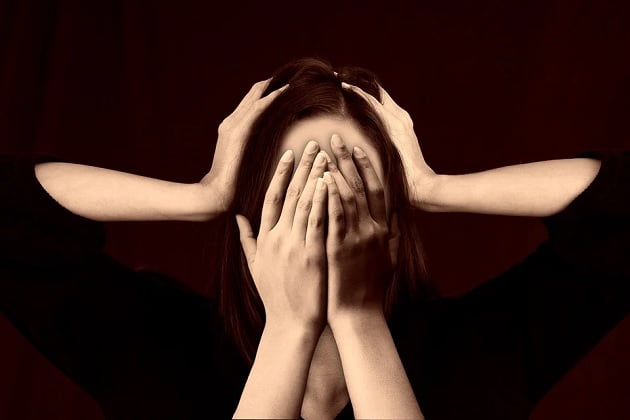
Second Stage
From days 5 to 7, the physical symptoms will become less severe.
The individual’s body will become more acclimatised to the lack of drug, though they are more susceptible to the mental effects at this point.
In some cases, individuals experience mental health effects such as depression, paranoia and anxiety.
However, individuals should still pay attention to their physical health as previous symptoms such as diarrhoea and increased sweating may lead to other issues such as dehydration.

Third Stage
For the remainder of the individual’s withdrawal (from days 8-30+) the symptoms are far less severe, often reducing to a normal rate.
However, individuals are still likely to continue with symptoms such as depression as these are much longer-term and require individual therapy to manage and recover from.
Individuals are also still likely to experience cravings for codeine as well as develop triggers for cravings, such as feeling a specific withdrawal symptom.
Individuals are always recommended to complete a full addiction treatment programme to overcome these further issues.
What Type Of Codeine Addiction Treatment Programme Is Most Suitable For Me?

Although not every individual experiences addiction in the same way, and therefore will require different forms and methods of support, there are some challenges that are common amongst all individuals beginning the rehabilitative journey.
Knowing where to start with rehab can be a challenge in itself, let alone whilst also struggling independently with codeine addiction.
However, there are some decisions that can be made and focused on in the early stages of rehab and seeking external help and support.
The two main overarching categories of rehabilitative care are inpatient and outpatient care.
In general, these two terms refer to where the individual completes the majority of their rehabilitative care.

Inpatient Care
Inpatient care is perhaps the most well-known form of rehabilitative care, referring to codeine addiction treatments partaken whilst staying in a dedicated rehab centre.
This type of care is more regular than outpatient care, with addiction treatments being part of everyday life within the centre.
This type of care is more suitable for those with a longer history of codeine addiction or those who require around-the-clock care and supervision.

Outpatient Care
Outpatient care refers to the more ‘part-time’ approach to rehab.
When partaking in outpatient rehab, individuals will visit a local service provider to attend therapies or treatments less regularly – perhaps once a week as opposed to part of daily life.
Although the types of treatment available in both outpatient and inpatient care are often very similar, the main difference comes down to the frequency and consistency of these treatments.
Speaking With Medical Professionals About Codeine Usage
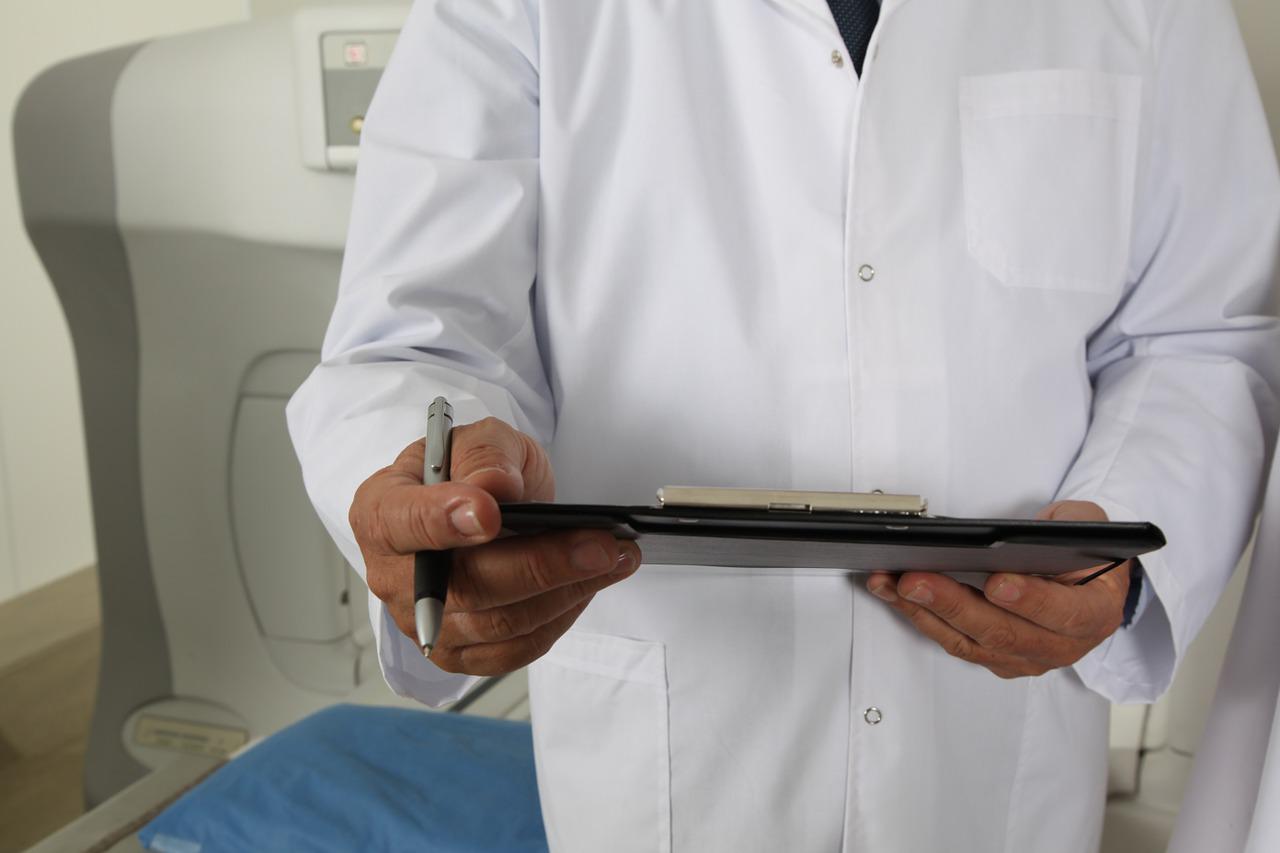
As codeine is often prescribed by a doctor for a medical issue such as recovering from a broken bone or continuous cough, speaking to the doctor who prescribed the drug in the first place may be a good place to start in terms of initial rehab.
Although codeine is not as addictive as other substances such as morphine or heroin, there should be no less attention paid to the effects caused by codeine addiction
Below are some examples of questions that individuals can ask their doctor:
- What alternatives can I use instead of codeine?
- How can I safely reduce my usage of codeine?
- What are some key signs of codeine dependence and tolerance?
- What withdrawal symptoms can I expect to experience during codeine withdrawal?
Although a doctor may not be able to provide all the answers accurately to these questions, simply asking them yourself can also be incredibly beneficial to understanding the reasons for and the effects of codeine addictions.
The Use Of Pharmacological Interventions For Codeine Addictions
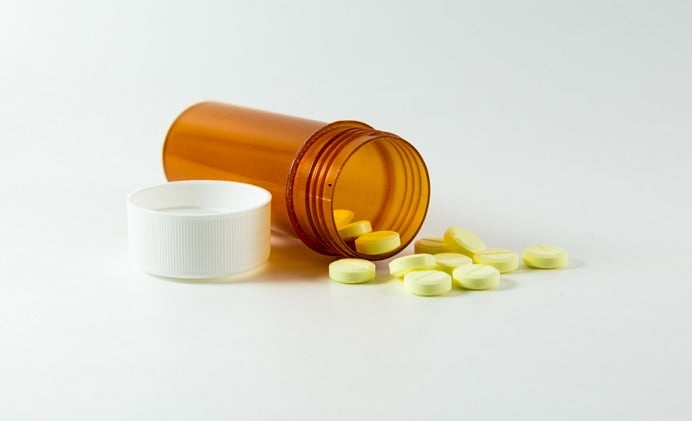
New Zealand Valium/Diazepam New Zealand Valium/Diazepam
There are many drugs which can be prescribed to individuals to help ease the symptoms of codeine withdrawal.
Many of these are focused on individual symptoms and are prescribed on a symptom-by-symptom basis. rather than all being administered as soon as the individual begins to go through withdrawal.
This could result in serious effects that are even worse than those that the drugs are designed to treat.
For the mildest symptoms, medical professionals may suggest painkillers such as ibuprofen for muscle aches and general pains, and drugs such as hydroxyzine to help with symptoms such as nausea and anxiety.
For the more moderate withdrawal symptoms, individuals may be recommended to take clonidine which has many positive effects.
Clonidine can help with :
- Sweating
- Muscle aches
- Cramps
- Irritation
For the most severe effects, doctors may prescribe other drugs commonly used within opiate addiction treatment such as naltrexone, methadone, or buprenorphine.
These are all designed to reduce the negative symptoms of codeine withdrawals, but carry their own risks in addition due to their individual addictive effects.
Group And Individual Talking Therapies For Codeine Addictions

One of the most common therapies recommended for codeine addictions is the use of talking therapy.
This can be conducted in many ways depending on the individual’s preference, requirements and what is appropriate in each situation.
Talking therapy is one of the most effective forms of treatment as it allows individuals to share their thoughts, experiences and feelings associated with their codeine addiction.
When conducted individually, talking therapy may take the form of Cognitive Behavioural Therapy, a therapy designed to help individuals develop their own coping mechanisms to deal with and manage their addiction even after leaving rehabilitation.
As part of a group, talking therapy is beneficial as it allows individuals to share their experiences, as well as learn from others and gain new ideas and perspectives on addiction and their long-term recovery.
Get Help For Codeine Addiction

Finding the right treatment service that can help you live free of an addiction to codeine is often a complicated and time-consuming process.
If you need urgent help and are finding the wide variety of treatments on offer overwhelming, that’s where we come in.
To learn more about anything read in this article, or to ask any questions relating to addiction and seeking help, please contact the Rehab Recovery team on 0800 088 66 86.


